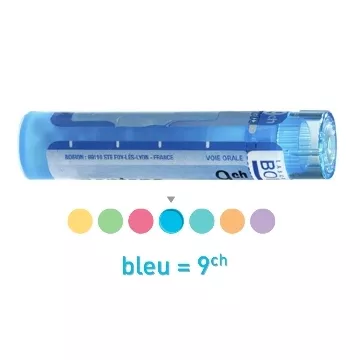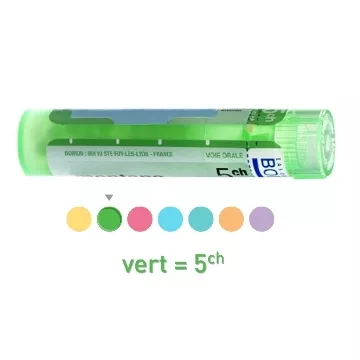


What is shingles and how does it manifest itself?
Shingles, also known as herpes zoster, is a viral infection caused by the varicella-zoster virus. This is the same virus that causes chickenpox. After an initial infection in the form of chickenpox, the virus lies dormant in the body and can reactivate years later, causing shingles. Symptoms of shingles usually include a painful rash in the form of fluid-filled blisters, accompanied by itching, pain and sometimes fever.
What causes reactivation of the shingles virus?
Reactivation of the shingles virus is often linked to a drop in immunity. A number of factors can weaken the immune system, such as aging, stress, certain medical treatments (particularly those affecting the immune system) and diseases such as HIV/AIDS or cancer.
Is shingles contagious?
Shingles itself is not considered highly contagious. However, a person with shingles can transmit the varicella-zoster virus to a person who has never had chickenpox, leading to the onset of chickenpox. It is therefore advisable to avoid close contact with people who have not been immunized against chickenpox.
What treatments are available for shingles?
The main aim of shingles treatment is to relieve pain and accelerate healing of skin lesions. It includes antivirals such as acyclovir, valacyclovir or famciclovir, often prescribed to reduce the severity and duration of the rash. Analgesics, soothing creams and antihistamines can also be used to relieve symptoms.
Can shingles be prevented?
Shingles can be prevented with a vaccine specifically designed to prevent reactivation of the varicella-zoster virus. This vaccine is particularly recommended for people over 50, who are more likely to develop shingles.
What are the possible complications of shingles?
The most common complication of shingles is postherpetic neuralgia, a persistent pain in the area of the rash, even after the lesions have healed. Other complications can include secondary bacterial infections, vision problems if shingles affects the eye, and, in rare cases, encephalitis.
Can shingles recur?
Although rare, shingles can recur, especially in people with weakened immune systems. Vaccination can help reduce the risk of recurrence.
What are the best practices for managing shingles symptoms at home?
For effective management of shingles symptoms at home, we recommend keeping the rash area clean and dry, using cold compresses to relieve pain, wearing loose, soft clothing, and avoiding scratching lesions to prevent infection. A healthy lifestyle, including a balanced diet and sufficient rest, is also important.
When should I consult a doctor about shingles?
It's important to consult a doctor as soon as the first symptoms of shingles appear, especially if the rash is close to the eye, if symptoms are severe or if the affected person has a weakened immune system. Early treatment can help reduce the severity and duration of the disease.
Are there any natural remedies for shingles?
Although natural remedies cannot replace medical treatment, some can help relieve the symptoms of shingles. Among them, applying aloe vera gel or Manuka honey to the lesions can help calm inflammation and pain. It is essential, however, to consult a doctor before using natural remedies.
How can I tell the difference between shingles and other skin conditions such as eczema or psoriasis?
It's important to distinguish shingles from other skin conditions, as their treatments differ. Shingles is generally characterized by a painful rash and blisters on a specific area of the skin, often followed by persistent pain. Eczema and psoriasis, on the other hand, are characterized by patches of dry, red, scaly skin. In case of doubt, a medical consultation is essential for a precise diagnosis.
Are there groups of people at greater risk of developing shingles?
Certain populations are more likely to develop shingles. People over the age of 50, those with weakened immune systems, such as chemotherapy patients, people living with HIV or those who have undergone transplants, are particularly at risk.
Can stress trigger shingles?
Stress is recognized as a factor that can trigger shingles. Prolonged or severe stress can weaken the immune system, facilitating reactivation of the varicella-zoster virus. Managing stress through relaxing activities, a healthy lifestyle and, if necessary, psychological counselling, can help prevent the onset of shingles.
Can I go swimming if I have shingles?
It's generally possible to bathe when you have shingles, but care must be taken. Water should be lukewarm, not hot, and avoid bubble baths or irritating products. After bathing, gently pat the skin dry without rubbing, to avoid further irritating the lesions.
What is the link between shingles and diet? Are there any foods to prefer or avoid?
Although no specific diet can cure shingles, a balanced, nutrient-rich diet can help boost the immune system. It is advisable to favor foods rich in vitamins (especially vitamins A, B, C and E) and antioxidants, and to limit consumption of pro-inflammatory foods such as refined sugars, saturated fats and processed foods.